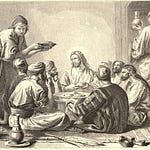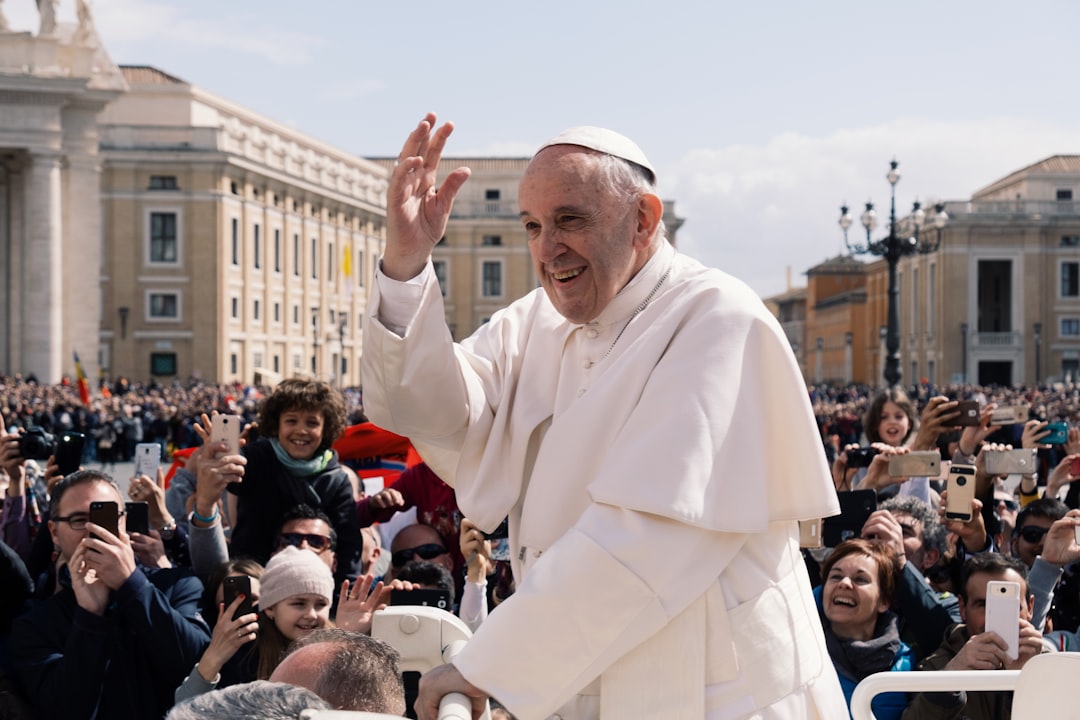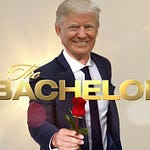In this week’s episode of The Pillar Podcast, Ed and JD talk about the beauty of canon law, the historic trial of Cardinal Angelo Becciu, and just war.
To celebrate St. Joseph, they play “Which Joe am I?” And if you like The Pillar Podcast, don’t forget to subscribe. We’re counting on you:














Cardinal Becciu brought out Ed's English accent!!!
You really should have gone out to Haydn’s Nelson Mass.
I never miss the podcast — generally great insights and journalism. But I’ve noticed a pattern in the rambling opening banter, and I kept thinking, “I’ve heard this conversation before.”
Then it hit me. Here it is, the cultural template for the Pillar Podcast Cold Opening.
https://youtu.be/PZDo-udXmgQ
Fun fact: this sequence was originally intended to be a cameo voicing by the four Beatles.
I’m sure that Ed especially enjoyed the Dick Van Dyke quality British accents of the faux Beatle replacements.
The view of Jurisprudence and the law provided, particularly by Dr Condon, is fascinating and provides a perspective which is often missed - that the law is more about how the Church understands itself. Thank you for that insight.
The discussion leads to one observation and one question. The observation is that the law of the Latin Church provides for more freedom to the lay faithful than the for the Oriental Churches. The equivalent canon in the Eastern code appears to be #402.
Can. 402 - Ius est laicis, ut ipsis agnoscatur ea in rebus civitatis terrenae libertas, quae omnibus civibus competit; eadem tamen libertate utentes curent, ut suae actiones spiritu evangelico imbuantur, et ad doctrinam attendant ab Ecclesiae magisterio propositam caventes tamen, ne in quaestionibus opinabilibus propriam sententiam ut doctrinam Ecclesiae proponant.
[Canon 402 Lay Christian faithful have the right to have recognized that freedom in the affairs of the earthly city which belongs to all citizens; when they exercise such freedom, however, they are to take care that their actions are imbued with the spirit of the gospel and take into account the doctrine set forth by the magisterium of the Church; but they are to avoid proposing their own opinion as the teaching of the Church in questions which are open to various opinions.]
This seems to be rather more restrictive than what was discussed, and could be (has been) used to put the lay faithful in their place when discussing matters of doctrinal opinion: even observing that the writings of a saint contain errors of logic.
The question, concerning Synodality and the law, how is Synodality possible for a Sui Juris church that does not have a hierarchy? The smallest of the Churches has been deprived of a hierarchy since 1951, and thus are not able to participate in the Synod. This is effectively cuts this Church off from all the others participating in the Synod. This appears to be a grave injustice.